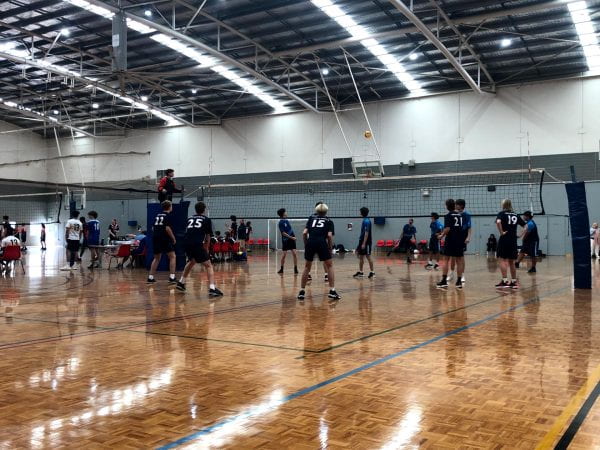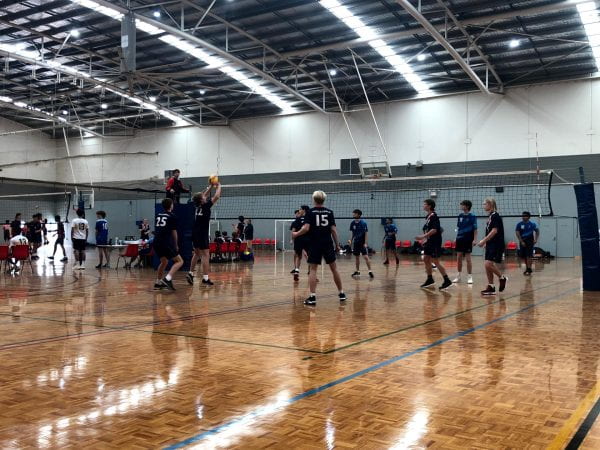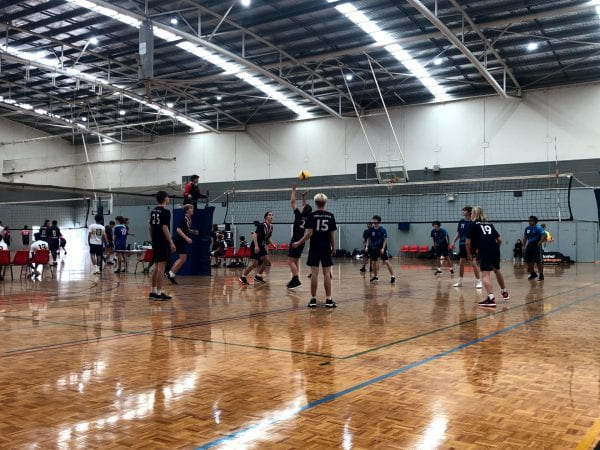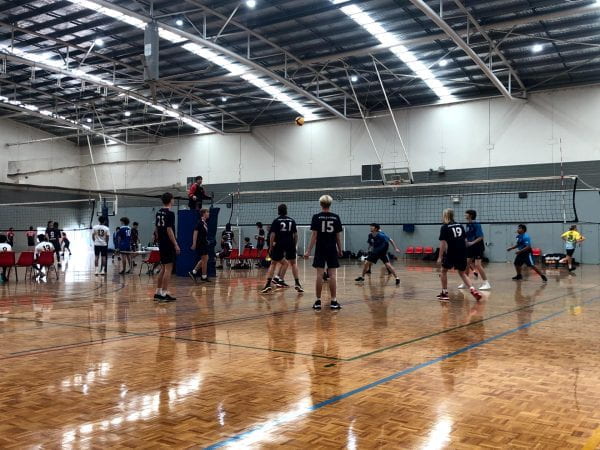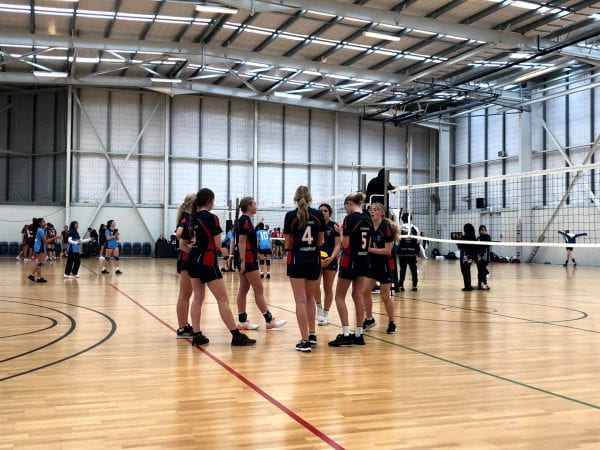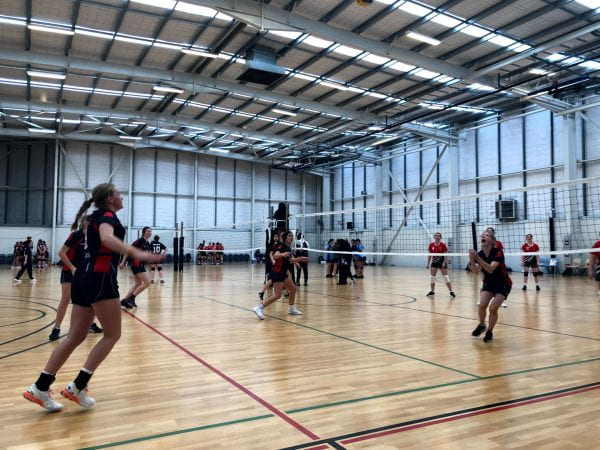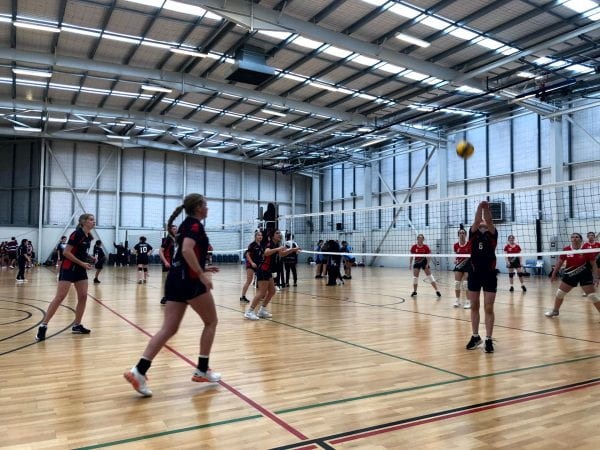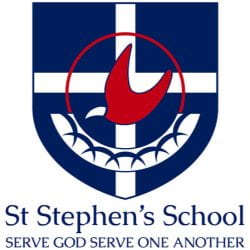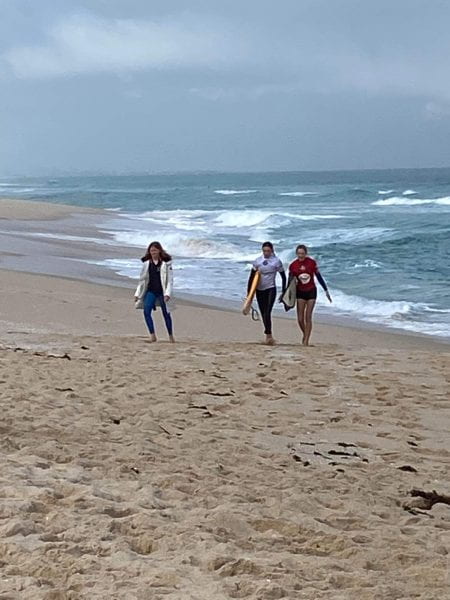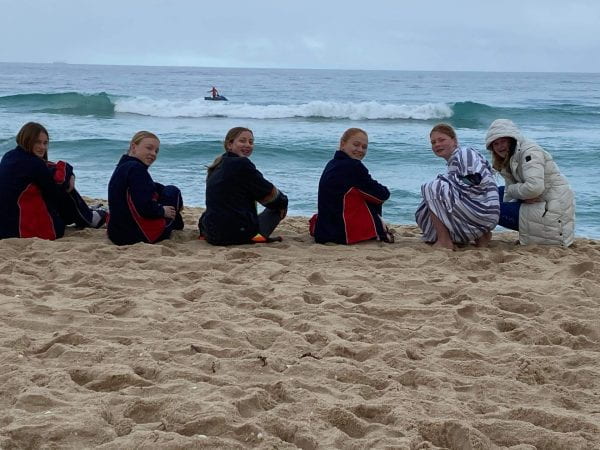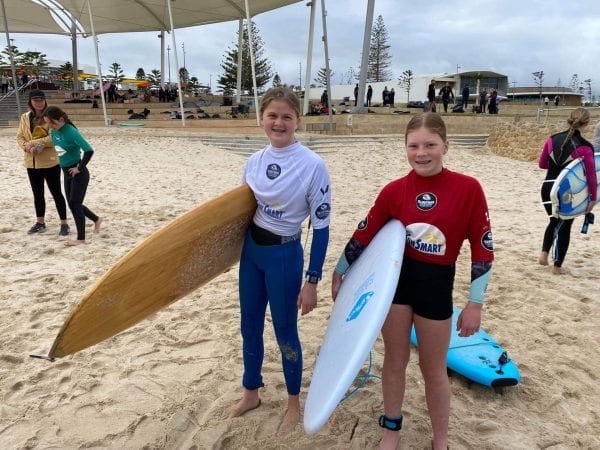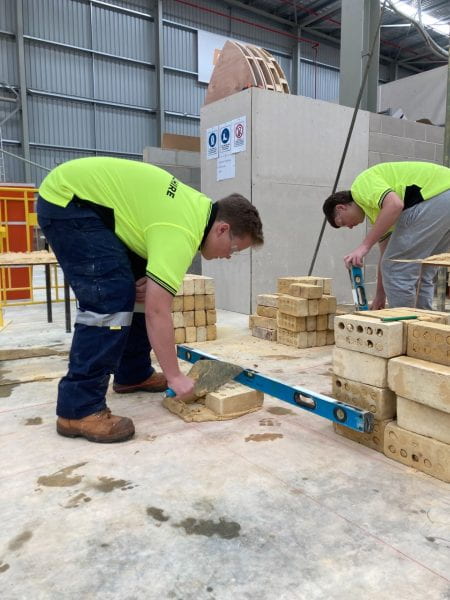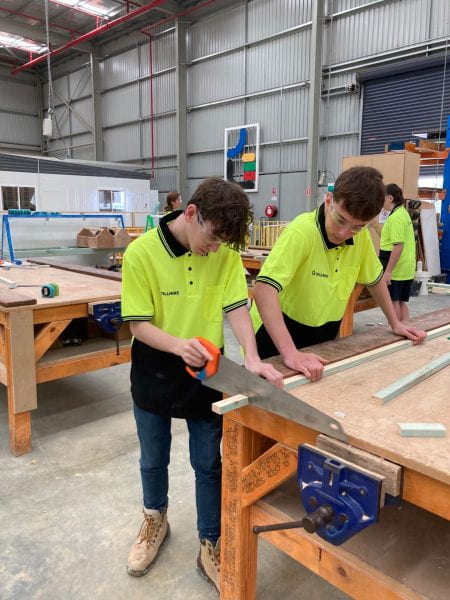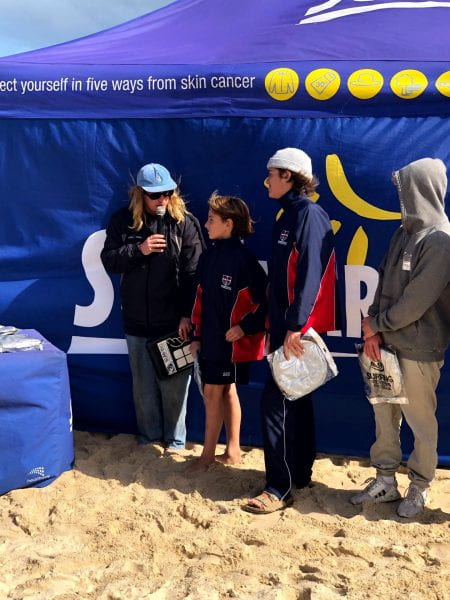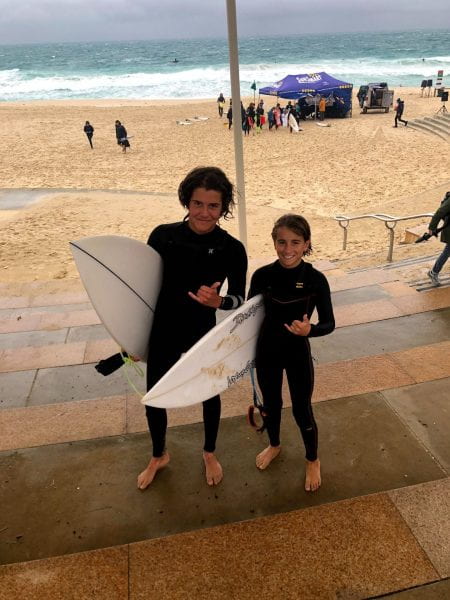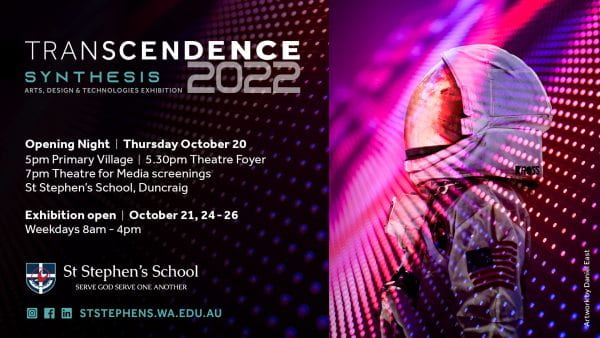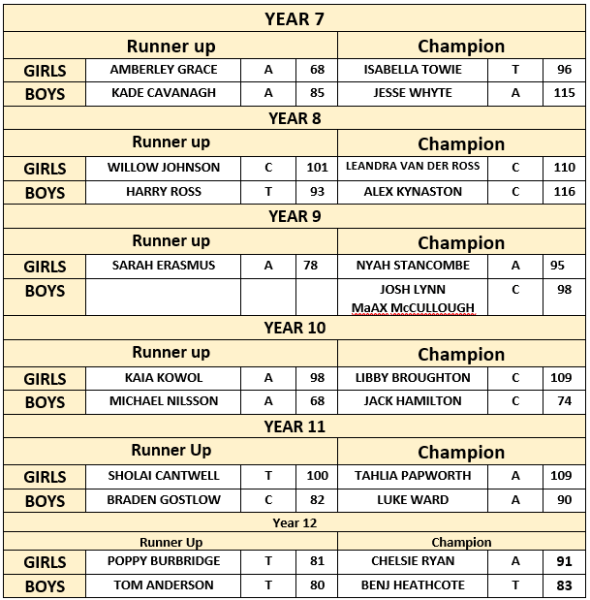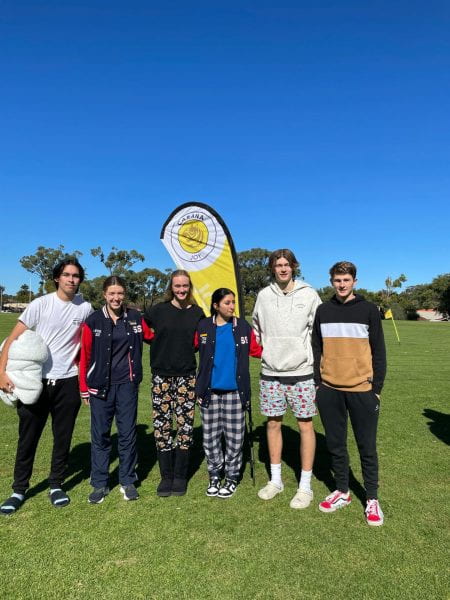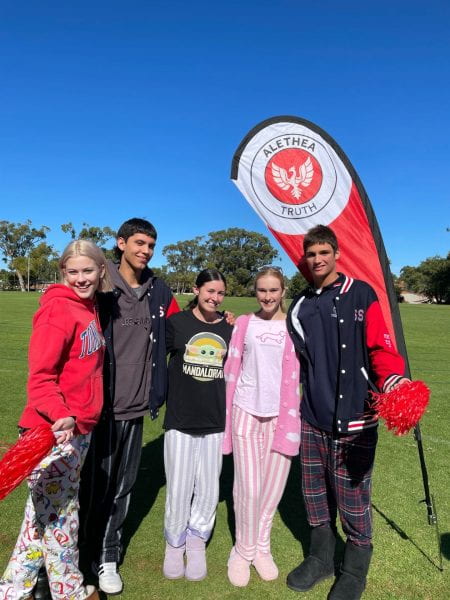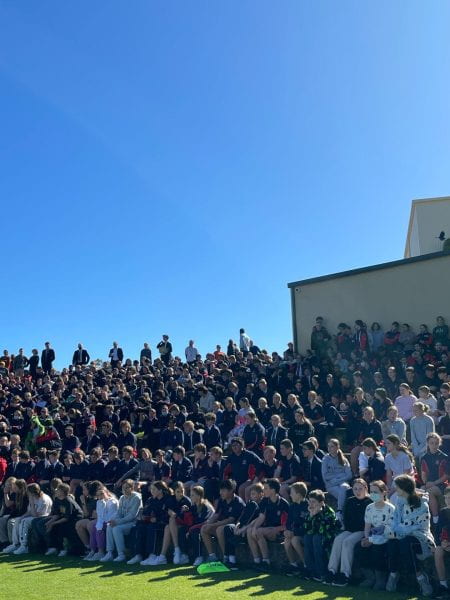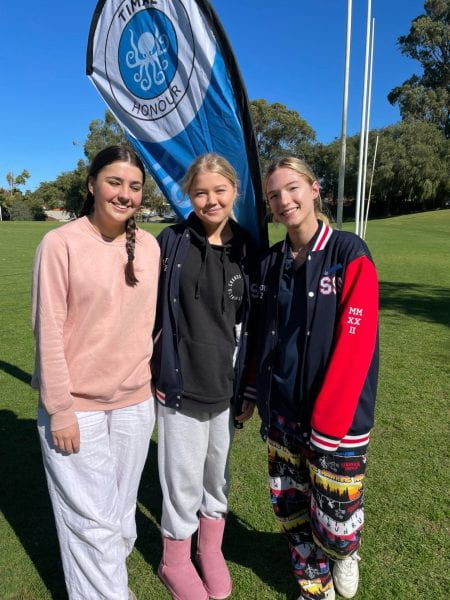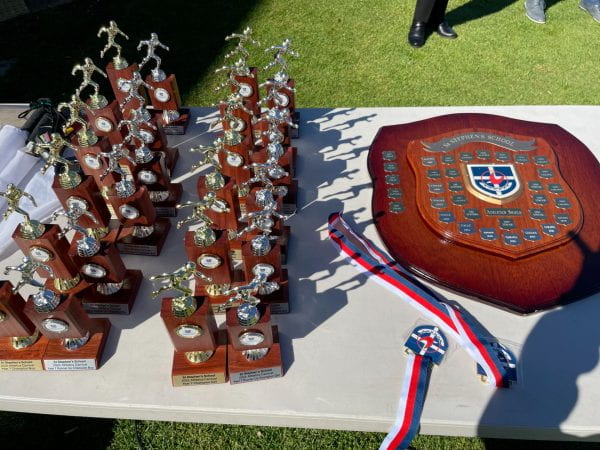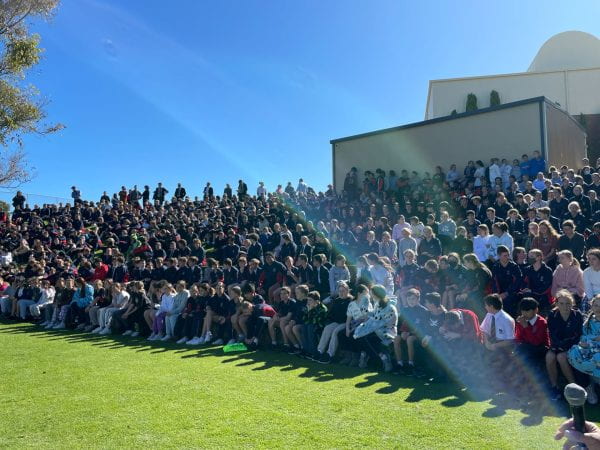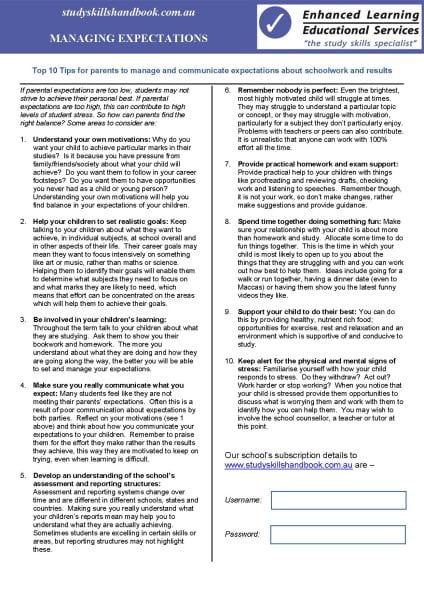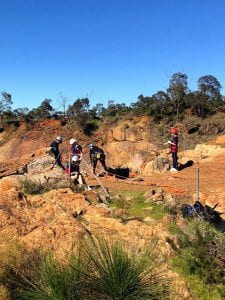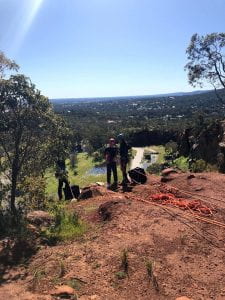On Tuesday 2nd of August, 2022, eight students from Year 8 and 9 competed in the Frank Drysdale Secondary Interschool Numero Challenge at Aranmore College. This event sees students compete against other schools individually and in teams of 4. The students improve on their mental maths by building scores using numbered cards and mathematical operations against the clock.
Year 8 participants:
James Hussey, Henry McParland, Lucas Fleay, Liam Parkins
Year 9 Participants:
Daniel Nievelstein, Jacob Atkinson, Joshwa Ruiz, Ela Pradhan
The students competed well and thoroughly enjoyed the day and both teams finished in a very respectable position of 12th and 13th. A massive thank you must go to Mr Buckley and the year 11 students of Ben Lyon, Josh Craig and Thomas McIntyre who have been helping to coach the students during lunchtimes leading up to the event.
Super work by all involved and let’s get practising ready for next year.
Adam Merrifield



